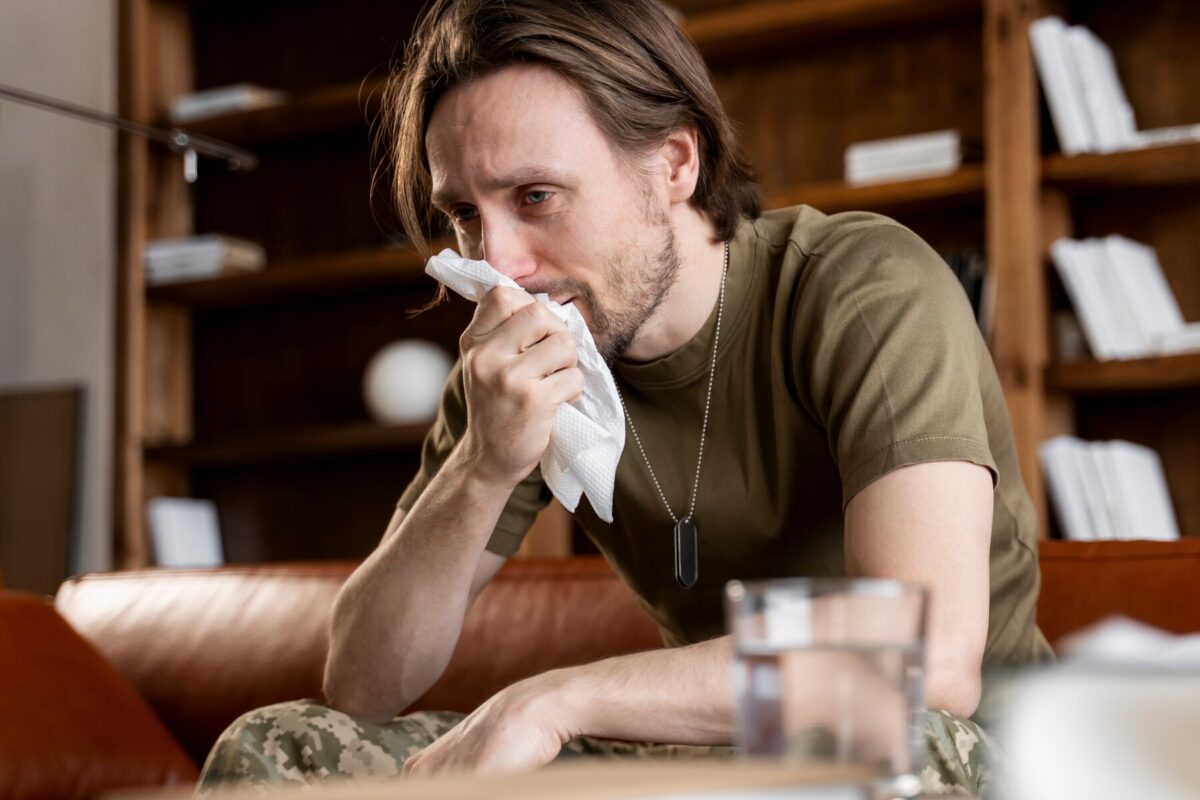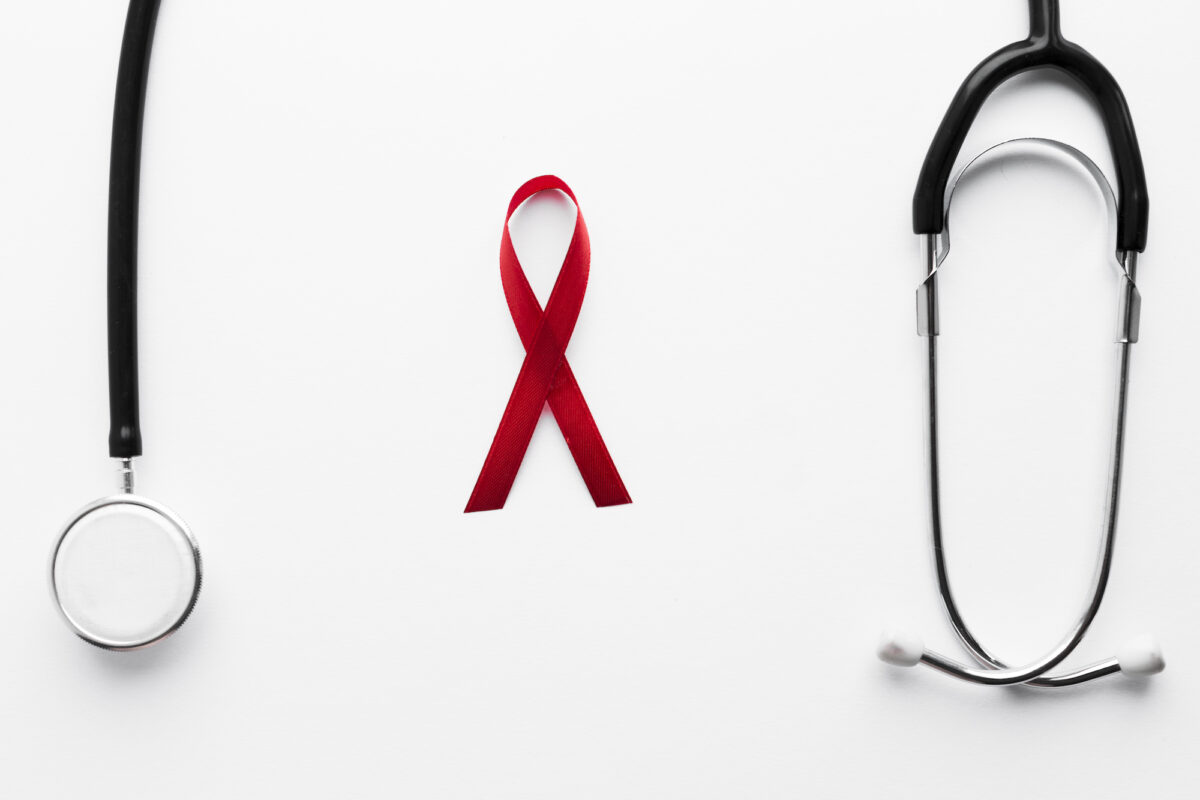The symptoms of periodontitis forced Saule (name changed) to seek help at a dental clinic recommended by a friend. However, at the first visit, the doctor began to investigate not only the condition of her teeth but also Saule’s HIV and hepatitis status. Upon learning of her infectious diagnosis, the doctor refused treatment, citing “inability to provide services” because of Saule’s status.
The girl’s surprise increased when her friend, who had applied for a similar service, received it without problems. When Saule learned that the doctor not only refused treatment but also advised her friend to stop communicating, citing contagiousness, she decided to look into the situation.
The doctor argued that the clinic lacked the necessary equipment, tools, and protective clothing to work with HIV-positive people. Faced with such discrimination, the girl turned to REActor for support, who provided an HIV training module and explained Saule’s rights.
The next day, the REActor visited the clinic and spoke with the doctor about the inadmissibility of disclosing information about HIV-positive patients and the obligations of medical staff towards HIV-positive people.
The clinic apologized, provided dental care to Saule, and ensured that such violations would not happen again.
This story emphasizes the importance of respecting patients’ rights, denouncing discrimination, and the need to educate medical staff about HIV infection. Fighting for equal rights to health care is a key element in creating an inclusive and tolerant healthcare environment.
Also read:
Denial of hospitalization: story of the fight against discrimination and stigma in Kazakhstan



















